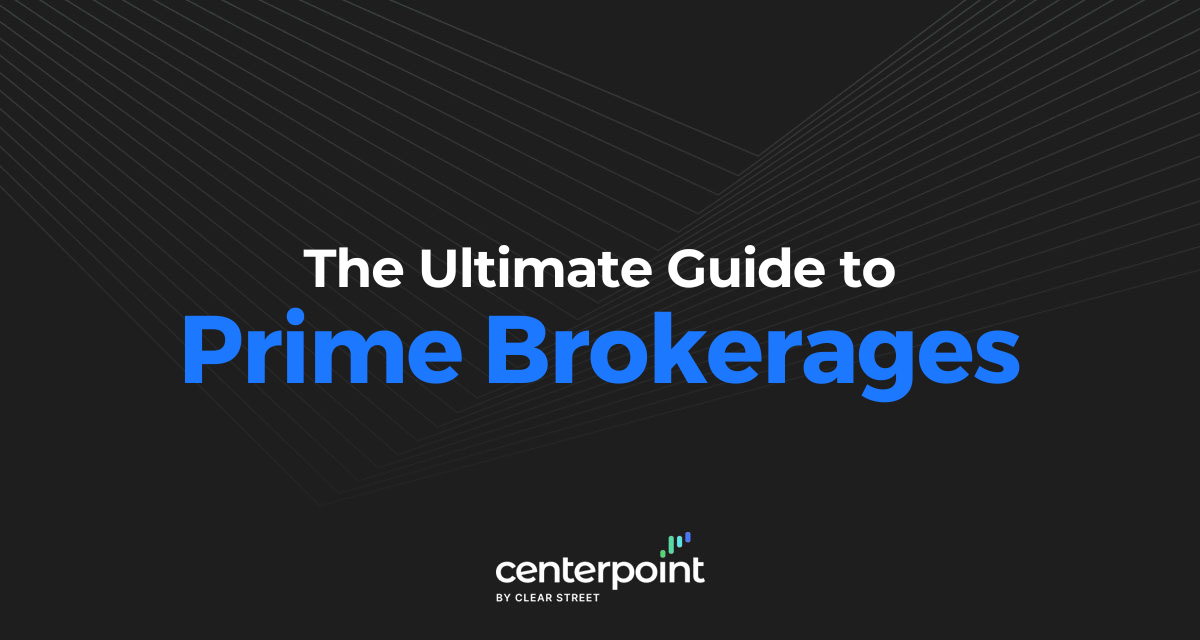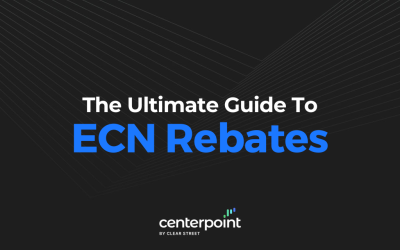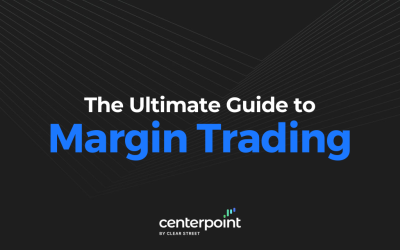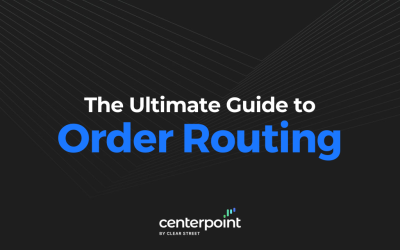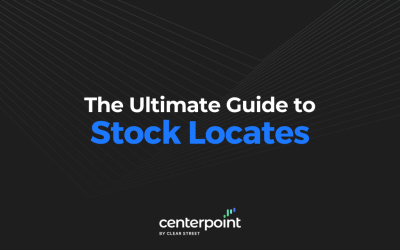Traders realize they need a broker to execute trades. Whether its direct access or conventional zero-commission app-based trading, a brokerage (registered broker-dealer) is required to execute trades. A prime brokerage goes beyond just execution but provides a suite of services that enable large institutions, traders, hedge funds to implement their trading strategies at a cost. Prime brokers typically don’t provide execution of trades but often times will have inhouse execution services within the same institution.
What is a Prime Brokerage?
A prime brokerage is a large institution typically used by hedge funds, family offices and large traders to help execute and finance their trading or portfolio strategy. Consider a prime brokerage like a primary care physician that provides most of your medical treatment. An executing broker is like a specialist. Primary care physicians may refer you to a specialist that is also housed under the same umbrella under the medical group.
Don’t expect zero-commissions as the services they provide are laden with fees. Prime brokers are typically reserved for hedge funds to help finance their strategy as well as introduce them to capital. The term prime brokerage can be misleading as they technically not an executing broker, but serve almost like a partner providing custodial, clearing, and financing services. Most prime brokerages are partnered with executing brokers or have them inhouse within the same umbrella of the institution as the trading division.
What Does a Prime Brokerage Do?
Not to be confused with a typical execution broker, a prime broker is a large institution that provides various custodial and financial services to its clients including financing transactions and positions, cash, margin and stock lending, consulting, and capital introduction.
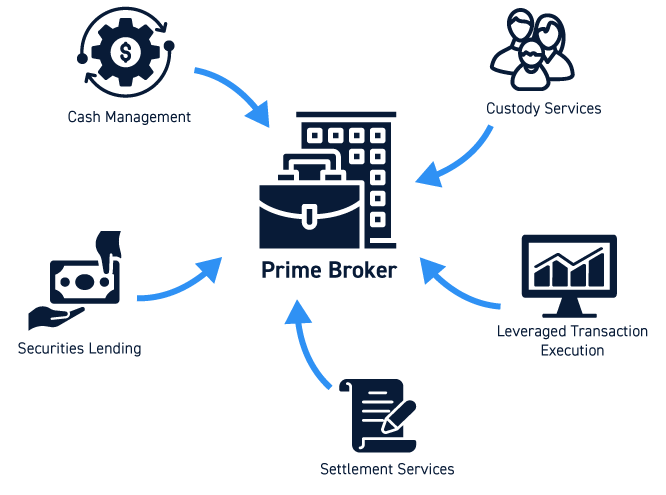
Prime brokerage services are provided by some of largest investment banks in the world like Goldman Sachs, JPMorgan Chase, Morgan Stanley and so forth. They are responsible for providing a plethora of services to bolster leverage and assist in optimize trading strategies. While they are considered primary counterparties to its clients, but they don’t trade against them or take the other side. They may step into a position on behalf of the client directly or synthetically but have no upside if the trade goes sour against the client, in general.
Who Needs a Prime Brokerage?
Who is eligible?
Each prime brokerage has its own requirements to become a client. Keep in mind that a prime brokerage makes its money from fees, interest on loans (cash, margin, and securities), and commissions. Based on this, the larger your assets under management (AUM), transactions, and compelling your strategies are the more attractive you are as a client. It can range from as low as $500,000 to $40 million to $50 million in assets. It depends on the individual prime broker.
Most prime brokers seek to service hedge funds, institutions like pension funds, and commercial banks. While established hedge funds are a prime target client, there is always the hope for new hedge funds with rising stars that may grow into a big client. This is one way smaller funds can benefit from a prime brokerage.
Who will benefit from it?
Hedge funds benefit greatly from prime brokers. Since they are more active with trading and tend to generate more commissions and fees, prime brokers also prefer these active participants. The competition between hedge funds to grow AUM is a constant. Prime brokers have a critical part in providing introduction to new capital for hedge funds. Hedge funds also benefit from the core service offerings on up to the more concierge style additional services that are provided to the larger clients.
Key Prime Brokerage Offerings/Services
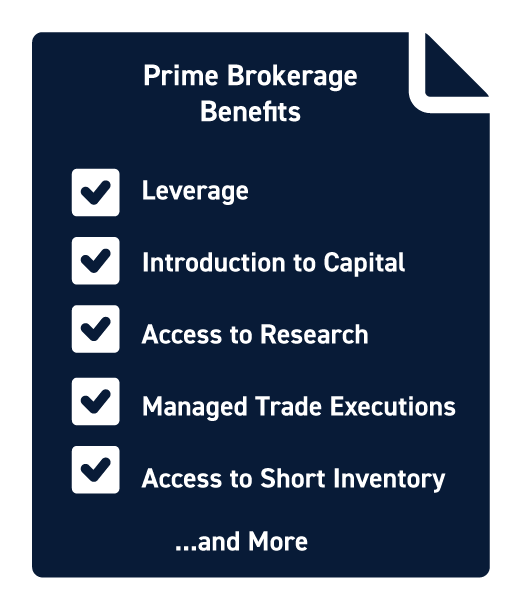
Service Offerings
Prime brokerages offer many different types of services mostly relating to financing. The most common services are funding, lending, clearing, custodial, execution (sometimes), and introduction to new capital. Custodial services mean they basically hold your securities, which they also may lend out to other clients for a fee (IE: stock borrowing). They also provide margin lending that can differ based on your AUM and relationship. Many prime brokers offer access to trading platforms (IE: REDI) so your own traders can execute trades or have their inhouse trading department handle them.
Leverage
Short sale locates, access to dark pools and clearing are all part of the core business of prime brokers. They can provide cash, margin, and stock loans for short selling. Leverage is one of the primary benefits of using a prime broker since they have custody of its clients assets, the prime broker is capable of using those assets to lever more buying power to its clients. The ideal prime brokerage client will make generous use of its available leverage while having plenty of margin available so as not to trigger any margin calls, force liquidation or defaults.
Archegos Capital
The Archegos Capital blow up in 2021 was a key cautionary tale of what can go wrong when too much leverage is used as the $20 billion family office fund triggered massive margin calls. Its prime brokers lost billions in the process as they were on the hook for the shortcomings since they helped finance the positions. The use swaps to benefit when the underlying asset prices rise is a double edged sword when the assets collapse in value as in the case of Archegos. Additional services include risk analysis and management, introduction to capital, access to research, back office support, subleasing office space and consulting services.
Benefits
Having a top tier prime broker can have an immediate boost to your reputation as a hedge fund. This is not easy to do as top tier prime brokers only seek out the largest clientele. The ability to use more leverage, get introduced to capital, have access to research, access to larger short locates, execute large trades are all benefits that all prime brokers can provide. The bottom line here is relationships. Building relationships to build awareness of the hedge fund and climb up to the top tier prime broker as assets and performance grows. Top prime brokers come with a slew of benefits including building your reputation as a brand. Much of the relational benefits is implied as top prime brokers are a part of the largest institutional investment banking firms with access to high-net worth individuals, businesses, organizations, and massive pools of capital. All of which can be levered to improving performance.
Prime Brokerages vs. Discount Brokers vs. Day Trading Brokers
Similarities and Differences
Discount brokers are mainly traditional brokers that most retail investors and traders will use, with no intention of becoming professional traders. Day trading brokers provide direct access routing for precision execution and best suited for active traders. Both of these are execution brokers. Prime brokers provide all the other services needed to operate as a hedge fund.
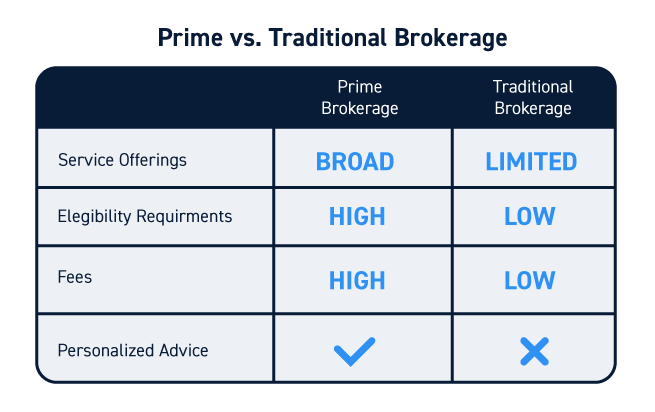
Which is Best For You?
So, you may ask yourself which type of broker you’re best suited for. In comparing prime brokers to discount brokers to day trading brokers, you first must evaluate what your asset base is and what your needs are. If you have ambitions of running a hedge fund, then it’s important to start building a relationship with a minor prime broker, which will require at least $500,000 in assets.
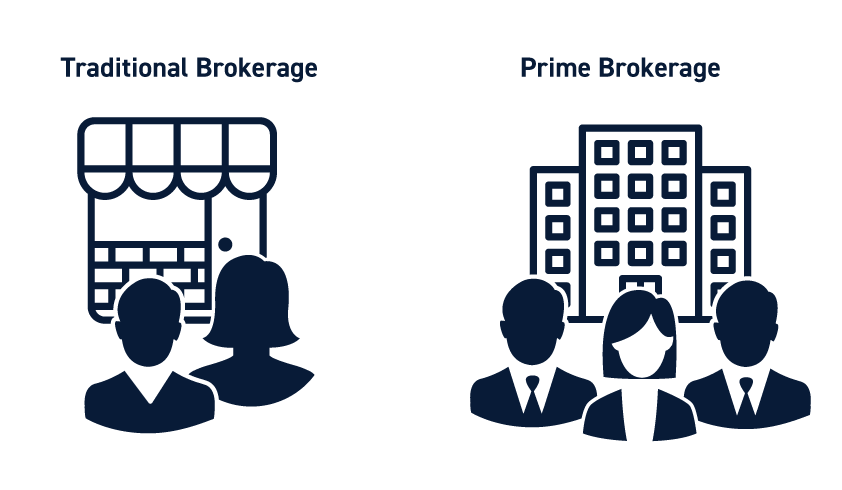
Conclusion
Primer brokerages offer services outside that of executing brokers at a cost. For ambitious traders that can scale their strategies and seek to operate a hedge, a prime broker will be needed in time. Prime brokers facilitate the handling of large securities transactions and will provide the necessary tools to enhance your trading operations if your business is worthy enough for the prime broker.

